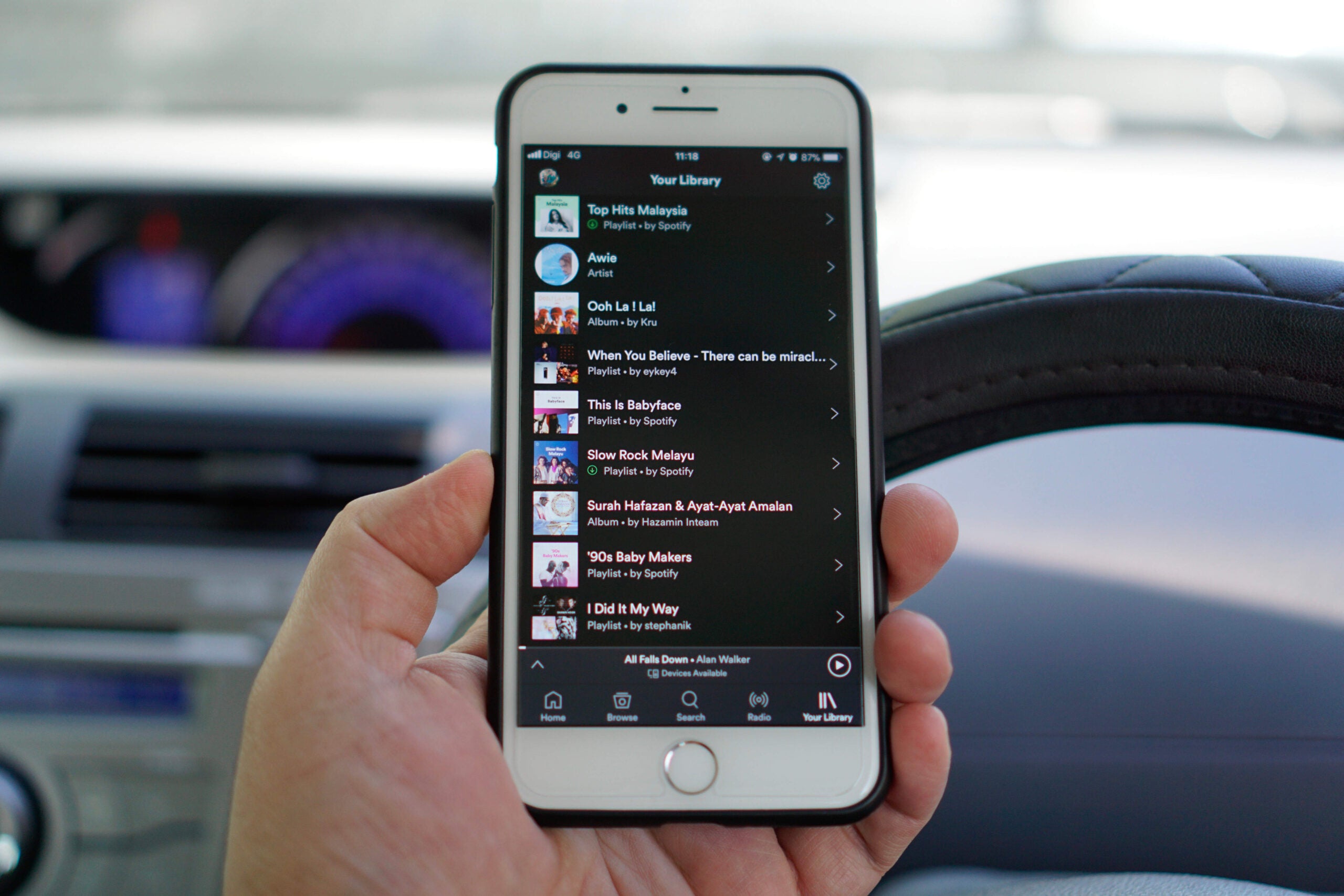
Since its launch in Sweden in 2008, the world’s most popular music streaming service has arguably changed the way the world listens to music.
Now Spotify is ten, the streaming service has around 170 million monthly active users, 83 million of which are paid subscribers, who have access to an ever-expanding catalogue of 35 million songs, as well as podcasts. Spotify filed an IPO in April 2018, making it’s the biggest company to ever go public via direct listing.
After 15 years of declining revenue the music industry is finally picking up. Dropping from $14.6bn in 1999 to $6.3bn in 2009, the industry had fallen on hard times until the growth of streaming services. However, global recorded music industry revenues grew by 8.1% to reach $17.3bn in 2017.
With a 40% market share in the music streaming industry, Spotify has been undeniably involved in this, with opinion split on whether it is responsible for its success or its downfall.
Hero or villain?
Spotify operates as a freemium service, generating revenues by selling premium streaming subscriptions to users and selling advertising to third parties.
Along with the likes of Apple Music and Tidal, Spotify has had an undeniable impact on consumption habits as smartphones replaced iPods.
According to The Guardian, In 2015, Universal Music Group, the biggest player in the music industry, posted revenues of more than $5bn, about $1bn of which came from streaming. As a result, streaming music revenue surpassed income from the sale of traditional formats for the first time last year.
However, the service has also courted controversy. Spotify pays around 70% of the total revenue generated by music to the rights holders, who receive between $.006 and $.0084 each time the song is played. Despite the ethos of stamping out music piracy by ensuring that artists are paid for music, some artists such as Taylor Swift and Thom Yorke have publicly criticised the company for unfairly compensating artists for streaming their music.
Unlike physical sales or downloads, where artists are given a fixed amount per song or album sold, the royalties paid to artists depend on their market share—the number of streams for their songs compared to the total number of songs streamed on Spotify as a whole, meaning smaller artists are likely to miss out compared to more well-known ones.
Influence on the music industry
However, according to economists Luis Aguiar and Joel Waldfogel, streaming appears to be revenue-neutral for the recorded music industry. Although fewer physical CDs are sold, this is balanced out with the sheer volume of music that is now streamed. Its impact therefore appears to be on the music itself.
With appearing on one of Spotify’s popular playlists boosting a song’s success, as well as its emphasis on personalised recommendations, music has become increasingly influenced by algorithms. Furthermore, intros of songs are also becoming shorter to stop listeners from skipping, and with streaming largely song-based rather than album-based, the average number of tracks on an album has increased in order to maximise revenue.
As a result, major record labels now employ analytics experts and songs are now produced with headphones and mobile phone speakers in mind.
Although some have voiced concerns over the impact on the quality of releases, with streaming growing by about 1 million new users every month, Spotify is a force that is here to stay.







